Stories from Past Olympics and Paralympics - 1Postponement of 2020 Games and “new battle”
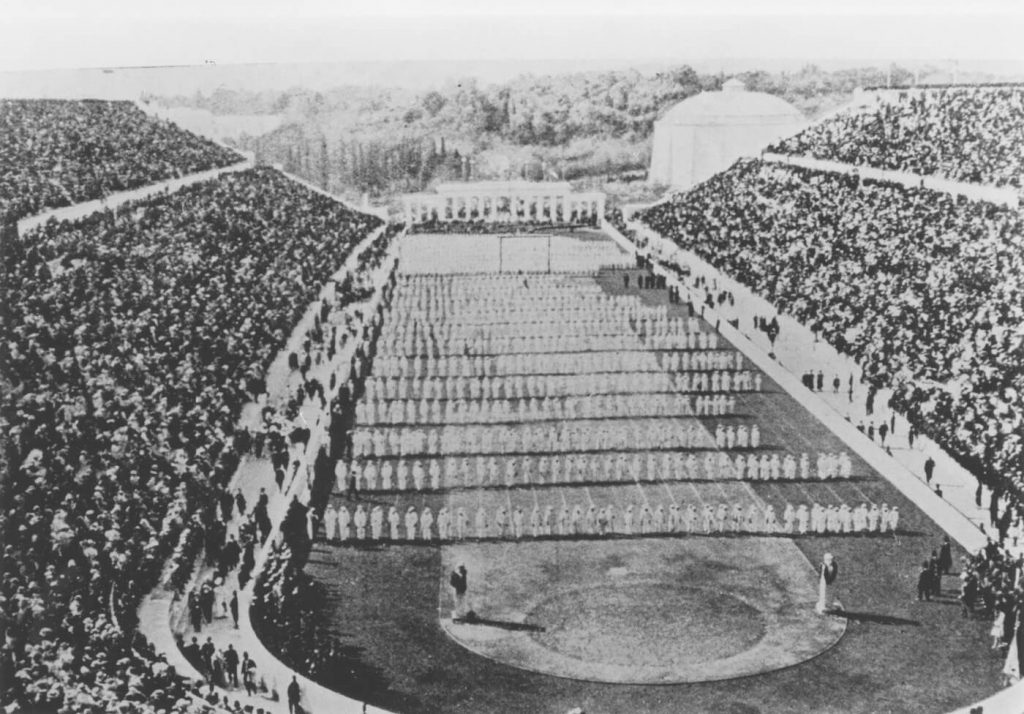
With no signs of the spread of new coronavirus infections being brought under control, the World Health Organization has declared a pandemic. The entire world is currently fighting an “unseen enemy.” In Japan, the welcoming of spring has instead seen the declaration of a state of emergency. With people staying indoors and maintaining social distancing when they do go outside, companies implementing telework, and schools closed, daily lives have completely changed.
IOC is bending a principle
The world of sport is no exception. Four months before the Tokyo 2020 Olympic and Paralympic Games were scheduled to start, a roughly one-year postponement was announced on March 24, and six days later the new dates for the opening ceremonies were set as July 23, 2021, for the Olympics and August 24 for the Paralympics. The event itself will nevertheless still be referred to as the 2020 Games.
Although the Olympic Games have been canceled in the past, this is the first time in history that they have been postponed. In principle, the Games are held once every four years, in the first year of a four-year cycle called an Olympiad. Since the first modern Olympic Games were held in Athens in 1896, this has been an non-negotiable “principle” that is set forth in the Olympic Charter.
Nevertheless, the International Olympic Committee has chosen to bend this principle and postpone the Games, but by keeping the “2020 Games” name, the IOC can be seen as nominally adhering to this principle. When Prime Minister Shinzo Abe initially raised the subject on behalf of the Japanese side, he based this unprecedented decision on the perpetuity of the Games. In response, IOC President Thomas Bach expressed his hope that the Games can be a “celebration of humankind after having overcome the unprecedented challenge of the coronavirus.”
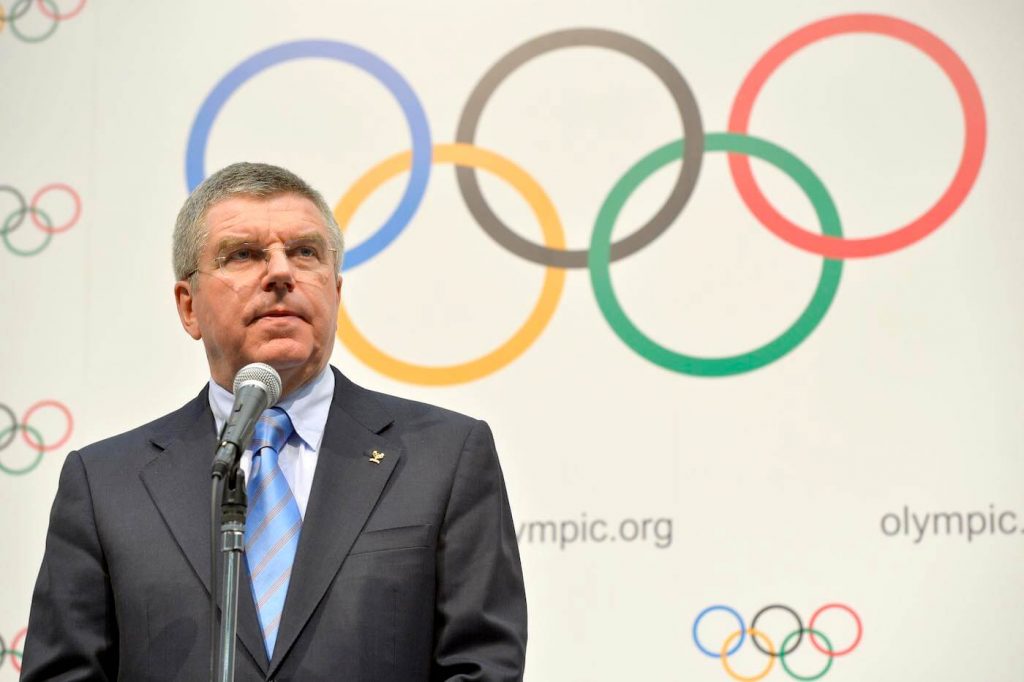
These words helped to alleviate the disappointment of the athletes who were planning to compete, and boosted the morale of the Tokyo 2020 organizing committee. There is no indication as to when the pandemic will end, however, and many problems including the rescheduling of venues and allocation of costs are emerging. The preparedness of the organizing committee, the Tokyo Metropolitan Government, and the Government of Japan are being called into question. The challenges to be addressed over the next year cannot be overstated.
Questionable preparedness of athletes
This situation is also making it difficult for athletes to train, and in some cases practice facilities have even been closed. The Ajinomoto National Training Center in northern Tokyo is used by both Olympic and Paralympic athletes, but is closed until May 6. Top athletes who were staying at the facility to train, as well as junior and senior high school students who were participating in the Japanese Olympic Committee’s Elite Academy Program were forced to leave.
The Nippon Foundation Para Arena, a gymnasium built specifically for Para athletes in Odaiba, Tokyo, has also been repurposed for the foreseeable future as a temporary medical facility for persons infected with COVID-19 with mild symptoms and their families. Para athletes have lost the facility on which they relied.
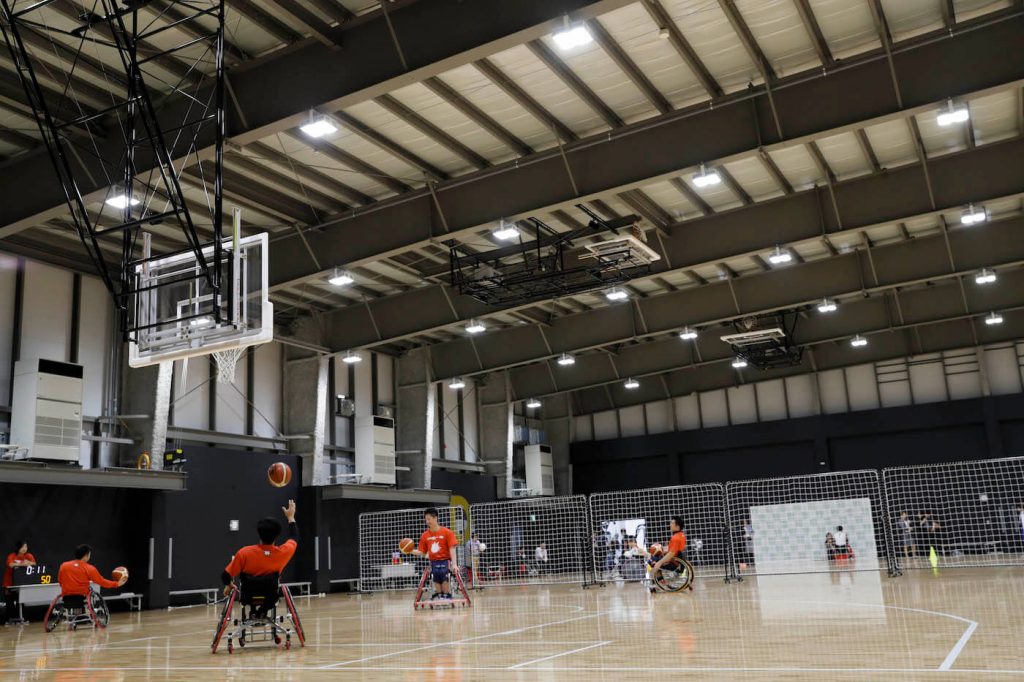
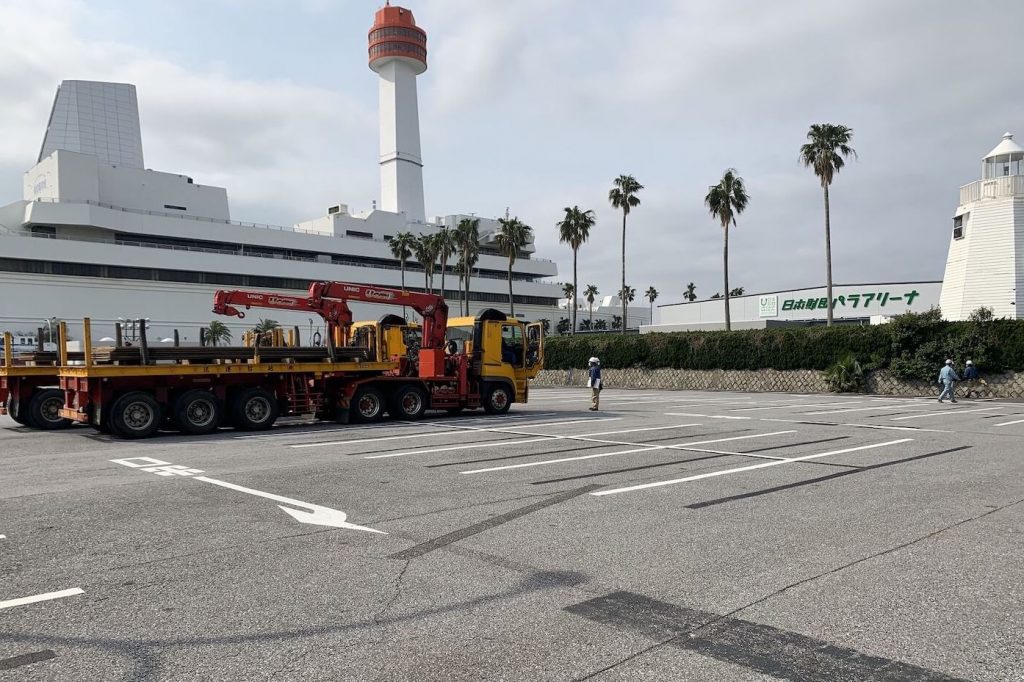
Yasushi Yamawaki, Chairman of The Nippon Foundation Paralympic Support Center, which operates the arena, noted that this was a very painful development, but with the crisis facing not only athletes, but all people around the world, the priority must be on making every effort to stop the spread of the coronavirus and protect human lives.
This is a time of perseverance. The Tokyo Games will not be able to take place unless everyone comes together to overcome this adversity. In the past, five Olympic Games scheduled for three Olympiads (the 1916 Games scheduled for Berlin, the 1940 Summer Games initially scheduled for Tokyo and rescheduled for Helsinki, the 1940 Winter Games scheduled for Sapporo, the 1944 Summer Games scheduled for London, and the 1944 Winter Games scheduled for Cortina d’Ampezzo) were canceled because of world wars.
The current fight against an unseen enemy can be considered a “new battle,” but the battle is for the future of humanity. Our preparedness is being called into question. Athletes around the world face the same situation. The power of sports, and the influence of athletes, can be a force that gives people strength and brings us together as we look toward the future.
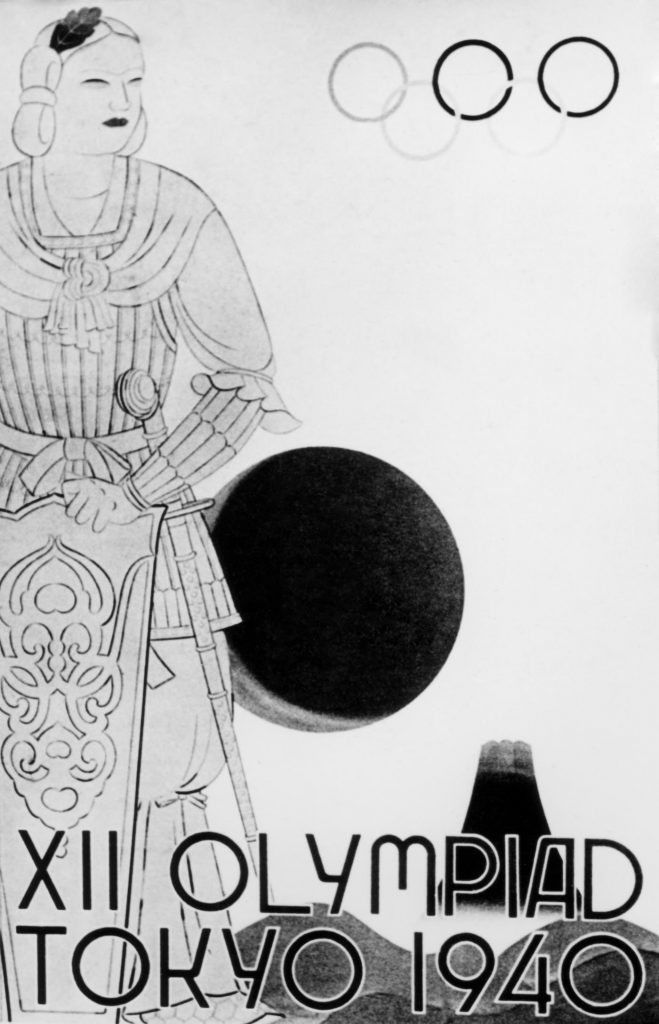
(This is the first of a series of articles examining events surrounding the Tokyo 2020 Olympic and Paralympic Games interspersed with the Games’ history.)
Contact
Public Relations Team
The Nippon Foundation
- Email: cc@ps.nippon-foundation.or.jp



